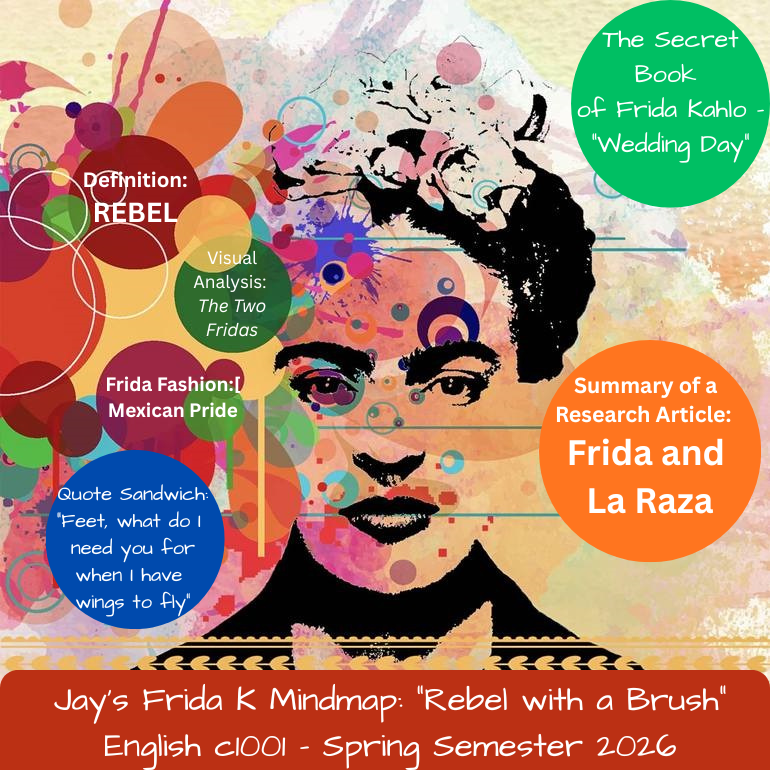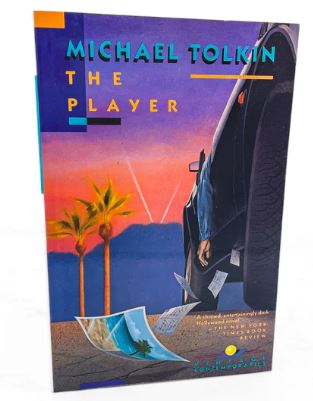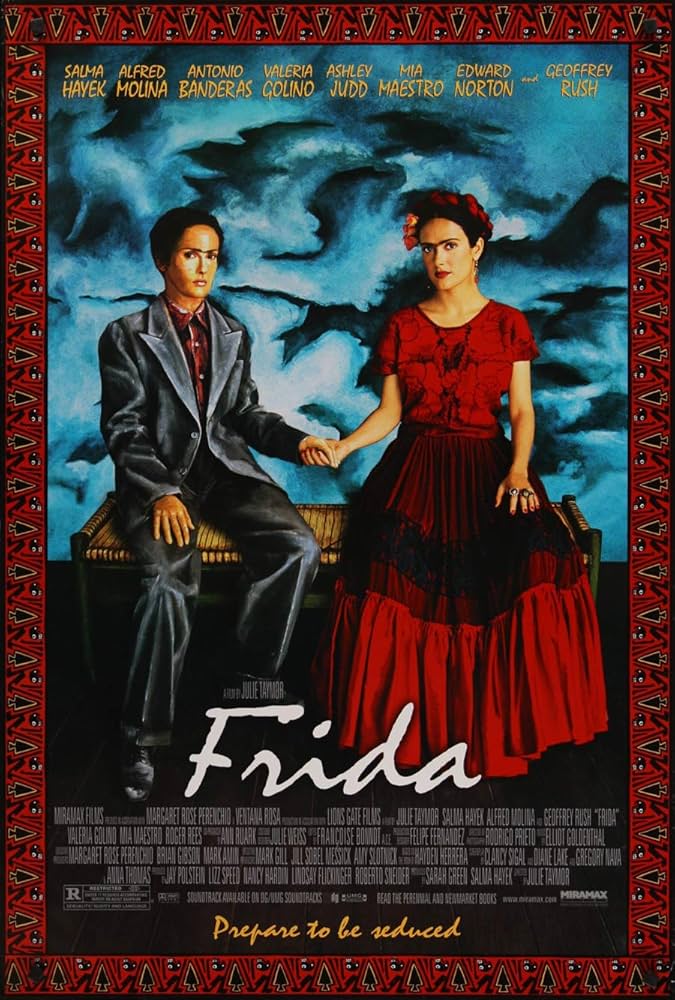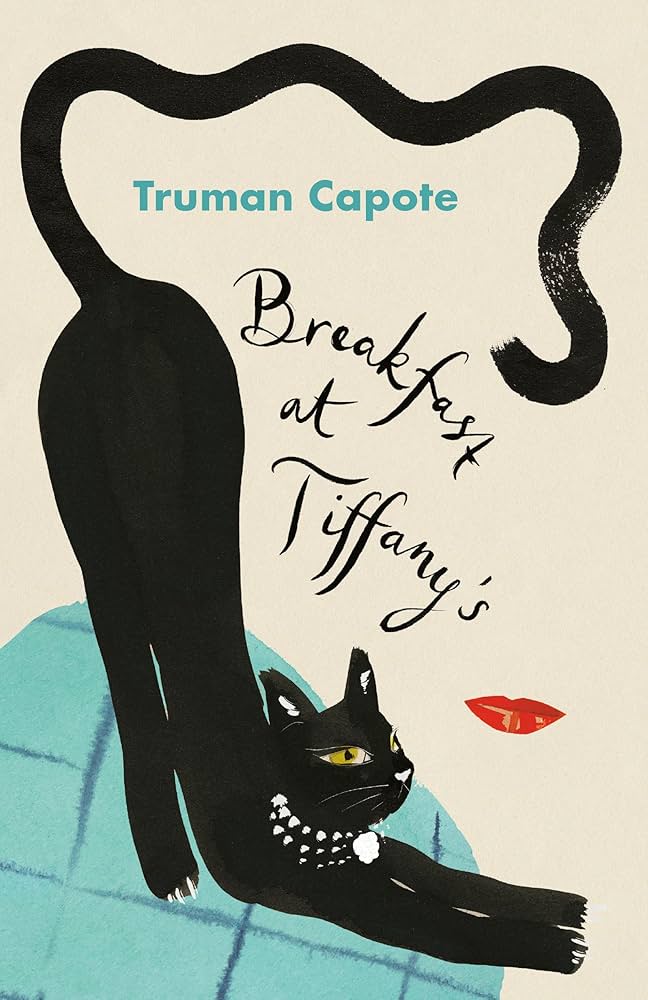-

At one of my college campuses, Spring Semester 2026 begins next week. For the first eight weeks, we will read a novel called The Secret Book of Frida Kahlo. It reads like the title sounds. The Mexican author F.G. Hagenbeck took Frida’s personal diary and fictionalized many of the entries. I know this because I…
-

I love the first line from Michael Tolkin’s Hollywood novel, the Player: “Just as Griffin suspected, there was a meeting in Levison’’s office without him.” I’m reading this book a second time. The first time I read it may have been in grad school in the late eighties. Reading this novel in 2026, I already…
-

Shortly before Frida Kahlo died in 1954, she underwent surgery to have her right leg amputated below the knee. Her doctors had discovered complications in her foot caused by a lifetime of pain and injury. At this point in her life, they detected the spread of gangrene. Frida was born with polio, and when she…
-

For me, Frida’s personal story will forever be an inspiration. Unfortunately, I haven’t studied art to sufficiently recognize the genius of her painting, but in reading her story, I’m drawn to her strength and courage to live each day to the fullest. She lived a life on her terms. This semester, my students and I will…
-

In my Spring 2026 classes we will examine how images can make a visual argument. We are reading a fictional novel about Frida Kahlo that will lead us to a Mexico City research paper. My students will begin their semester writing journey by preparing a critical analysis of a visual image, advertisement or poster that relates…
-

I’ve asked my students to share their MVP ( Most Valuable Part) of their Reading and Soundtrack Selection from their Fall Semester 2025. They will need to think back to the authors, short stories, and poems we have read. Here is the cool part: There is no right or wrong position in a student’s vote…



